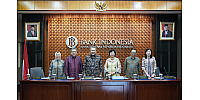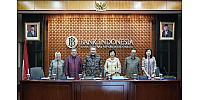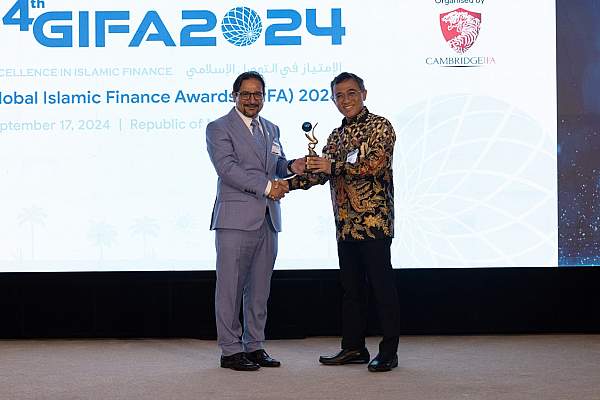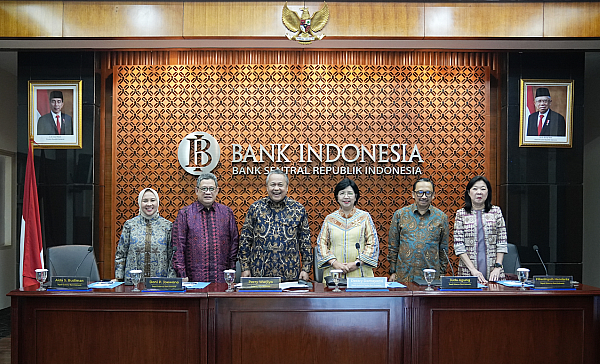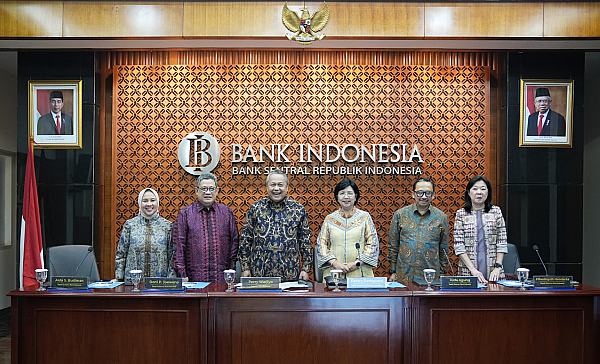By 2030, Energy Savings from Transitioning to Electric Vehicles Amount to Rp4.2 Trillion.
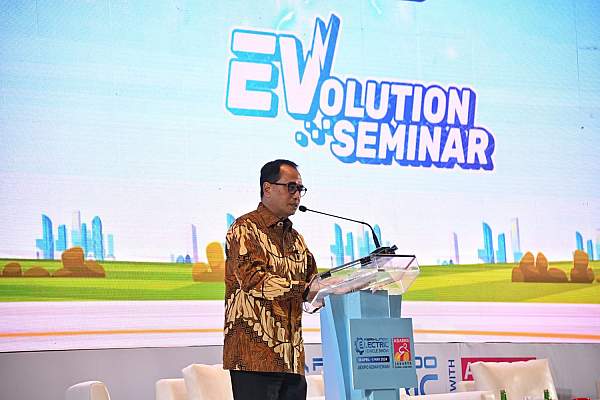
The transportation sector is part of the energy sector, with a focus on energy conservation and the utilization of new and renewable energy in emission control. One of the ways is through the transition of transportation facilities to electric vehicles (EVs).
"A future without emissions can be realized, one of which is through the implementation of electric vehicles, which is a great opportunity for transitioning to clean and environmentally friendly energy that has an impact on economic growth," said Minister of Transportation Budi Karya Sumadi during his attendance at the Periklindo Electric Vehicle Show 2024 exhibition in Jakarta on Tuesday (30/4/2024), as quoted in the official statement from the Ministry of Transportation. Periklindo is the Indonesian Electric Vehicle Industry Association.
Minister Budi added that following the transition to electric vehicles, it is projected that by 2030, energy needs in the transportation sector can be saved by 0.4 million TOE (Ton Oil Equivalent) or equivalent to energy costs of Rp 4.2 trillion, with an estimated reduction in emissions of 358 million tons of CO2.
Minister Budi stated that the government has issued various regulations and incentives to support the acceleration of the Battery-Based Electric Motor Vehicle (KBLBB) program for road transportation. The Ministry of Transportation supports this through the provision of fiscal incentives for type testing fees and Type Test Certificates (SRUT) fees, both for new KBLBBs and converted vehicles.
Until April 3, 2024, the number of KBLBB based on the number of issued SRUTs reached 133,225 units. We are responsible for ensuring that electric motor vehicles operated must meet technical requirements and roadworthiness to ensure safety and security," he emphasized.
The Ministry of Transportation also conducts motor vehicle type testing systematically, by conducting 18 testing items based on national and international standards. By 2025, Indonesia will have the largest electric motor vehicle type testing facility in Southeast Asia. Namely, the Proving Ground at the Roadworthiness Testing and Motor Vehicle Certification Center (BPLJSKB) in Bekasi carried out through a PPP project (Public-Private Partnership).
Minister Budi mentioned that the development of the electric vehicle ecosystem indeed requires collaboration among stakeholders. "The government cannot develop the electric vehicle ecosystem alone. Cooperation, synergy, and optimal collaboration between the government, industry players, academics, practitioners, and the community are needed in developing the battery-based electric motor vehicle ecosystem in Indonesia," he explained.
The Minister also hopes that education for the public regarding the use of electric vehicles will continue to be carried out so that the development of electric vehicles increases. "That is why I appreciate Periklindo for organizing this good routine event to enhance mutual understanding regarding the development of electric vehicles in Indonesia. I hope that more education events like this will be held," he concluded.


